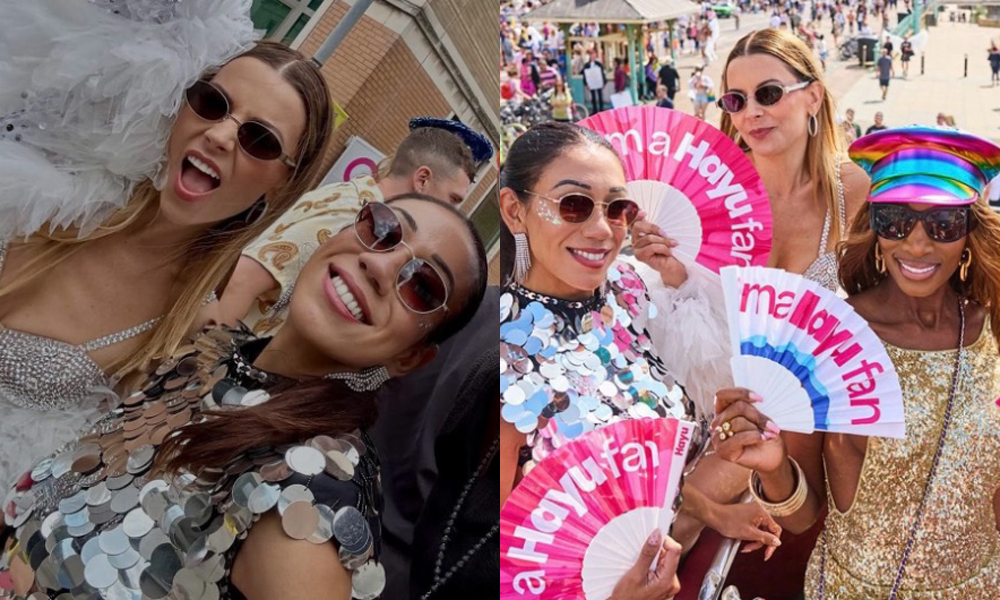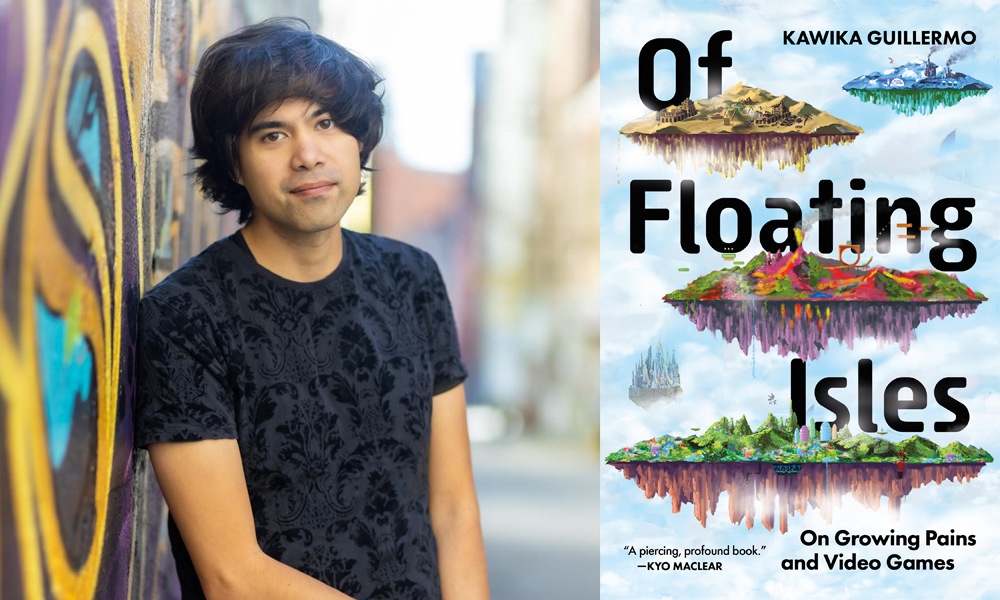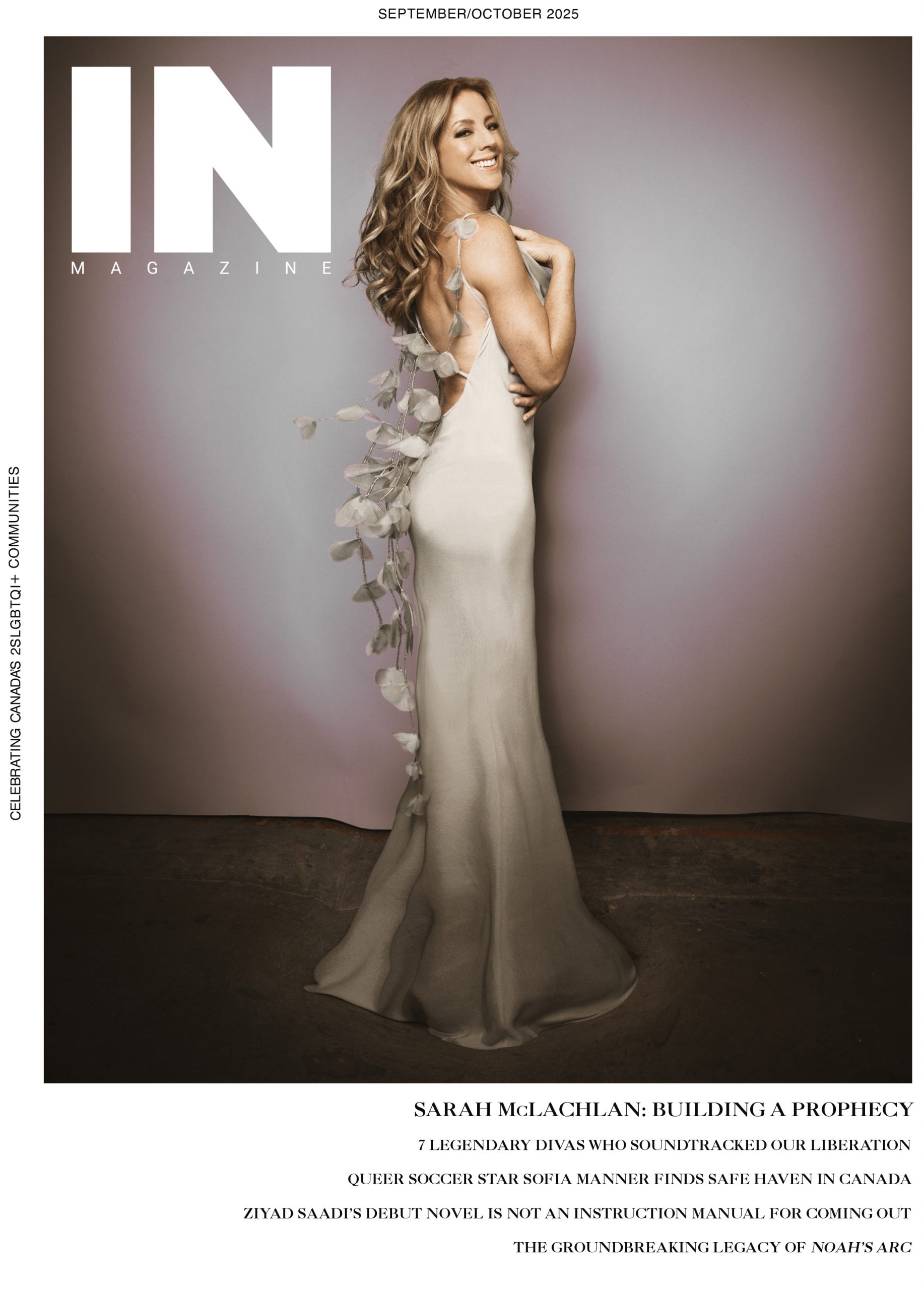How Angus and Welschinger model authentic, values-driven influence—and what creators and brands can learn from their intentional approach…
Last month we got to sit down and chat with Juliet Angus & Nessie Welschinger, to talk about Influencer and Brand Marketing. For queer communities, influence has never just been about who has the most followers. It’s about who feels real—who shows up with honesty, style, intention, and a sense of responsibility to the people watching.
That’s partly why the world of Real Housewives and Hayu-verse theatrics has become such a fixture in queer culture. It’s camp, it’s heightened, it’s emotional. But beneath the memes, the reaction GIFs, and the drag‑brunch quote‑offs, there are women actually building brands, making decisions, and shaping how influence functions beyond entertainment.
Two of those women are Juliet Angus and Nessie Welschinger, both from The Real Housewives of London and both quietly offering a masterclass in ethical, independent influence. Their approaches to branding, partnerships and personal responsibility feel especially relevant for queer audiences who’ve long been over-marketed to and under-respected.
This isn’t about slapping a rainbow on a logo every June. This is about the kind of creators queer communities increasingly demand: values-first, self-defined, and allergic to performative allyship.
Juliet Angus: Authenticity as a non-negotiable
Juliet Angus—of Ladies of London, The Real Housewives of London, and a successful fashion/lifestyle platform—has built her personal brand on one uncompromising rule: If it isn’t real, she doesn’t post it.
She’s worked with Nike, Dior, and other major labels, but her partnership decisions aren’t dictated by prestige or paycheck. She describes her audience as a community she protects:
“My audience and my social media—we’re family. We’re so connected that the authenticity has to be there.”
And when she says no, she means it:
“I actually say no more than I say yes. I can’t post something I’m not going to wear, that I’m not going to use. It has to be something I love.”
There’s a deeply queer resonance in that. Treating followers like family mirrors how queer people approach chosen family—honesty, loyalty, and a refusal to expose that circle to anything inauthentic or unsafe.
Juliet also intentionally maintains a cross‑generational audience. She speaks to middle‑aged women, her daughter’s peers, and queer fashion lovers all at once. She mixes Zara with couture, treating personal style as a form of expression rather than a hierarchy—a stance that aligns beautifully with queer fashion sensibilities.
Her integrity shows up in her product development, too. Speaking about her jewelry line, she said:
“I’ve jumped in the ocean, I’ve taken baths with it—it doesn’t tarnish. I test it. I make sure it’s good.”
Queer audiences reward consistency and realness over polish. Juliet’s brand embodies exactly that.
Nessie Welschinger: Precision, care and fearless outreach
If Juliet embodies radical honesty, Nessie Welschinger is the blueprint for intentional care.
Nessie, founder of the Chelsea Cake Company and fellow RHOLDN cast member, brings a nonlinear but incredibly queer-coded résumé: concert pianist, investment banker, hedge‑fund executive, and then—pivot of all pivots—luxury cake artist.
From finance, she brought discipline:
“You have to be really organised and have absolute military precision when you do anything… it has to be considered and thought through.”
That rigor now defines her cake studio, where every project is bespoke:
“Everything is bespoke for the client. Every cake is different. It will never be replicated. It has to be personal and perfect.”
This refusal to mass‑produce, to generalise, or to shortcut reflects a respect for individuality—something that resonates with communities who are used to being spoken to in broad, impersonal strokes.
Her multicultural background (Egyptian father, Singaporean mother, London-born herself) fuels her cookbook and her work with children, including neurodivergent kids. She talks about cooking as a tool for connection, confidence, and better mental health.
The throughline? Care. Care in craft, care in community, care in representation. Nessie chooses partnerships with the same intentionality, crediting Juliet for influencing her standards:
“I’ve learned from her… anything I go forward with has to represent me personally.”
And her advice to creators reads like a queer‑coded mission statement:
“Don’t be afraid to reach out. If they say no, what’s the worst that could happen? Just put yourself out there. Have no fear and be courageous.”
It’s Housewives energy. It’s the energy of people who lead with intention—something that resonates with queer audiences without needing to be labeled as such.
The kind of creators queer-focused campaigns should be built around
What Juliet and Nessie share is more than Housewives fame. They are:
- Independent – they protect their voice and make their own decisions
- Smart and strategic – they understand long‑game brand equity
- Mindful – of the impact they have on the communities watching
- Values-driven – everything they do aligns with who they are
They also come from a franchise with a notably dedicated LGBTQ+ fanbase. That connection doesn’t need to be overstated—it simply reflects that they understand what it means to be embraced by a community that values personality, vulnerability, humour and reinvention. Their attendance at Brighton Pride alongside the cast wasn’t a campaign moment; it was simply a continuation of showing up where their audience already is—a quiet, natural form of allyship.
These are the types of creators queer-focused brands should seek out. Not because they’re famous, but because they hold themselves accountable to the people paying attention.
Queer-coded influence, beyond the rainbow filter
All of this adds up to a new paradigm for influence in queer spaces:
- Less “representation as veneer,” more accountability to community
- Less “we found a famous face,” more we found someone who lives their values
- Less “Pride hashtag,” more show us how you act when no one is watching
Juliet’s instinct to treat her audience like family and Nessie’s insistence on precision and care both land in a shared ethic: protect the community that protects you.
It’s an ethic queer audiences know intimately—and one they reward.
Thanks to Hayu, we got a window into two women who approach influence with sincerity and strategy. For queer audiences constantly navigating what’s real and what’s PR gloss, Juliet Angus and Nessie Welschinger offer something refreshing:
Proof that you can be aspirational, glamorous, strategic—and still profoundly real.
Watch The Real Housewives of London on Hayu!






POST A COMMENT